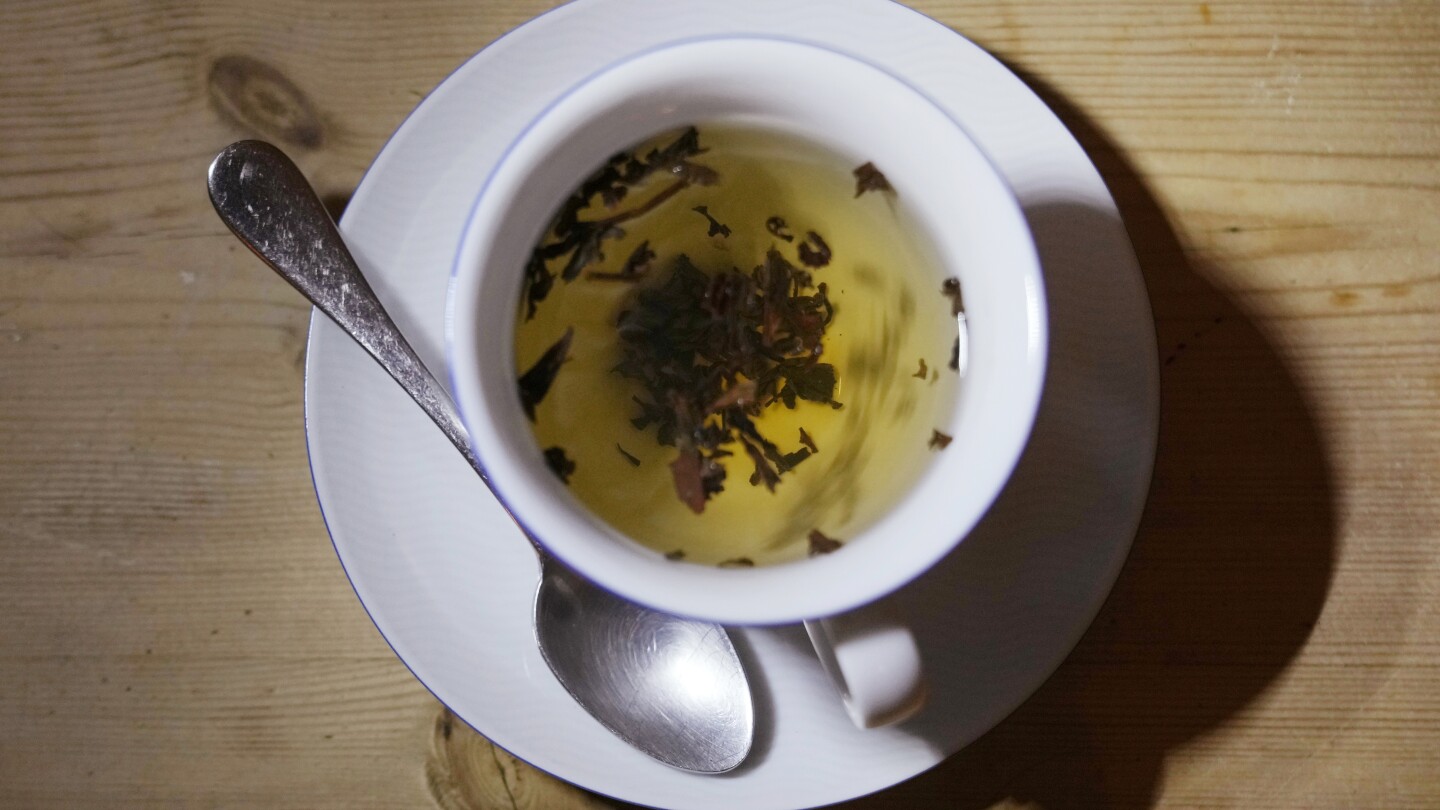An American scientist has sparked a trans-Atlantic tempest in a teapot by offering Britain advice on its favorite hot beverage.
Bryn Mawr College chemistry professor Michelle Francl says one of the keys to a perfect cup of tea is a pinch of salt. The tip is included in Francl’s book “Steeped: The Chemistry of Tea,” published Wednesday by the Royal Society of Chemistry.
Not since the Boston Tea Party has mixing tea with salt water roiled the Anglo-American relationship so much.
The salt suggestion drew howls of outrage from tea-lovers in Britain, where popular stereotype sees Americans as coffee-swilling boors who make tea, if at all, in the microwave.
…
The U.S. Embassy in London intervened in the brewing storm with a social media post reassuring “the good people of the U.K. that the unthinkable notion of adding salt to Britain’s national drink is not official United States policy.”



The bad point for the British is: The professor is actually right! At least on the accord with the salt.
I don’t agree with her on another issue: She suggested to add milk after brewing. Nope. You don’t add milk at all. Or worse, lemon juice. Milk murders tea. It basically kills the more interesting chemicals by binding them into a mass that can’t be used by the digestive tract.
Where do you stand on sugar?
As someone with diabetes, I decline. But I am actually not opposed to someone using sugar. It does not react with the essential ingredients. Just don’t overdo it, tea is not soda…
Depends on the tea, some tea is to be made with milk, for example chai, and some can be made with lemon juice, but most teas are to be brewed and had as is
You have piqued my interest on the thing of milk binding up beneficial chemicals. Can you elaborate?
The classic answer is that milk proteins (like casein) react with some the tea proteins (like tannin) and form bonds that the human digestion track cannot process. Tannin in black tea is responsible for most the bitter taste, which is the primary reason why people add milk to tea in the first place, but it is also one of the ingredients that make tea the more healthier beverage choice.
There is a scientific article I’ve read years ago that gave a lot more details, but with everything scientific behind f-ing paywalls nowadays, I could not find it again.
But I found an article that adds another interesting twist to the topic that I had not heard before: Milk Casein Inhibits Effect of Black Tea Galloylated Theaflavins to Inactivate SARS-CoV-2 In Vitro.
Thanks for taking the time to write that! I learned something new today. I usually take tea with oat milk, so now I’m curious what proteins oat milk has and if they act similarly. I’ll do some more reading.
While I doubt that oat milk has casein, as it is an animal protein, it might have other proteins that bind tannin in similar ways. Keep us posted!
Agree. Add in some lemon or ginger to be fancy but no milk.